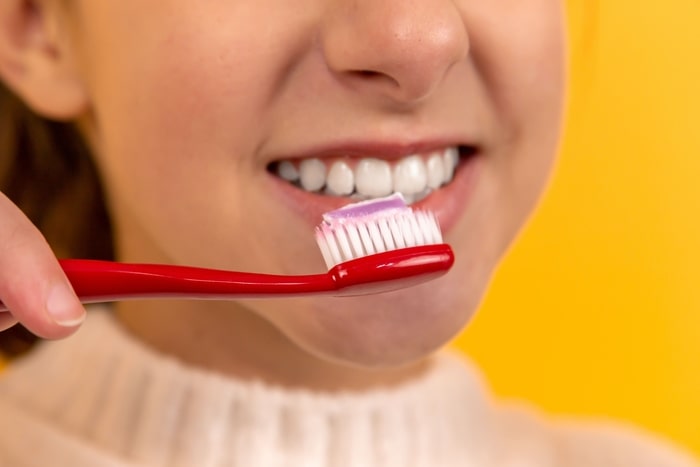
How to Prevent Cavities
Cavities, also known as tooth decay, are a significant oral health concern for children, teenagers, and adults. Cavity forms when the sticky bacterial material known as “plaque” builds up on teeth and gums over time. Plaque feeds on sugars in meals and creates acids. These acids eat away at tooth enamel (the hard surface layer of the tooth), causing the tooth to decay over time.
When it comes to oral health, everyone’s number one priority should be cavity prevention. When left untreated, these tiny holes can eat away your teeth deeper. The longer tooth decay is undiagnosed, the more harm and pain it can cause. Here is a list of seven effective tips on how to prevent cavities.
1. Brush and floss your teeth regularly
Brushing your teeth correctly at least twice a day using toothpaste with fluoride is critical in the battle against cavities. You can use either a normal or electric toothbrush. Brush all three sides of your teeth: front, back, and top. Brushing your teeth removes plaque, but it returns within a few hours, so you should brush at least twice a day.
When you eat, food may become lodged between your teeth. Cavities can form if the debris is not cleaned. Flossing or using an interdental cleaner on a daily basis is the most effective technique to eliminate food particles from between the teeth.
2. Get your teeth cleaned professionally
No matter how well you floss, brush, or follow any of the other recommendations, you just have to do it. To avoid cavities and other oral health issues, you should have your teeth cleaned at least twice a year by a professional dental hygienist. If you have a history of cavities or poor oral health, you should have your teeth cleaned more often.
3. Visit your dentist on a regular basis
A visit to the dentist’s office twice a year is highly recommended. Visiting a dentist every six months allows them to detect tooth decay early on before it becomes serious. In the future, preventive dentistry can help you save time, money, pain, and discomfort.
4. Brush your teeth with a soft-bristled toothbrush.
You could experience significant negative effects from using medium and harsh bristles. Soft-bristled toothbrushes with angled or multi-layer bristles are recommended by the American Dental Association. Brushes with soft bristles are delicate yet excellent at eliminating germs and plaque. They also help you prevent damaging your enamel and gums.
Don’t forget to replace your toothbrush every three months or sooner if the bristles are frayed. You should also store your toothbrush at least three feet away from the toilet and in a well-ventilated place (holder, drawer, etc.).
5. Consume more crunchy vegetables and fruit
Fiber-rich foods (carrots, apples, and celery) provide a cleansing effect on your oral cavity. The firm texture removes bacteria that might lead to tooth decay. The amount of chewing required to consume fibrous foods boosts saliva production, which is the strongest natural protection against cavities. Around twenty minutes after eating, saliva begins to neutralize acids.
6. Use an antibacterial mouthwash
Antimicrobial mouthwash destroys the bacteria and microorganisms that cause gum disease and cavities. Brushing and flossing leave particles behind, so swishing with mouthwash can help rinse them away. Look for fluoride-containing mouthwash, which is a natural mineral that helps keep enamel strong and reduces your risk of tooth decay.
7. Drink water after eating
Drinking water often is the best prevention against tooth decay since it is more prone to occur in a dry mouth. Water is an excellent mouthwash because it removes germs and food particles that might create plaque. Moreover, water reduces the effects of sugary and acidic diets.
